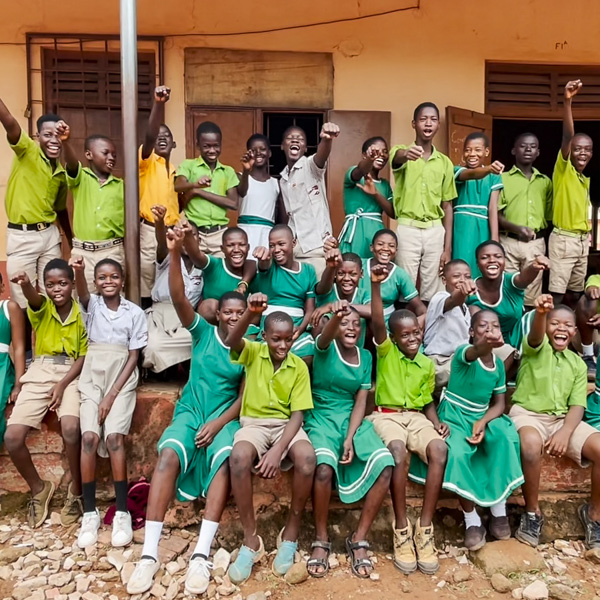Hope Education Project: Out-of-School Girls Community Program
 Alongside the Schools Program pilot, the Hope Education Project delivered a targeted three-session program for out-of-school girls and young women in the communities surrounding St. Paul’s JHS (Gumbihini), Bagabaga Annex JHS (Sagnarigu), and Darul Haddis JHS (New Gbolo) in Tamale, Northern Ghana.
Alongside the Schools Program pilot, the Hope Education Project delivered a targeted three-session program for out-of-school girls and young women in the communities surrounding St. Paul’s JHS (Gumbihini), Bagabaga Annex JHS (Sagnarigu), and Darul Haddis JHS (New Gbolo) in Tamale, Northern Ghana.
This initiative responded to the urgent need for trafficking prevention education among young women aged 18-25 who had either never attended school or whose education ended at the junior high level. All of the participants faced significant vulnerabilities linked to poverty, limited literacy, unstable family support, lack of monetisable skills and online exposure.
Program Overview
The community sessions adapted the core themes of the Hope Education Project’s school-based curriculum into a culturally sensitive, orally accessible format. In each of the three community sessions 24 women participated in:
- Survivor Testimonies: A moving account from HEP’s Survivor Advocate, Wunzooya, a survivor of trafficking for labour exploitation in Saudi Arabia, followed by open discussion.
- Founder’s Testimony: Angus Thomas shared firsthand experiences rescuing Nigerian women trafficked to the UAE for sexual exploitation.
- Video Screening: Viewing of a short trafficking awareness video created by our sister campaign Stop Trafficking Africa, featuring testimony from some of our trafficking survivors and the Director General of NAPTIP, Prof. Fatima Waziri-Azi. The video was translated into Dagbani for accessibility.
- Interactive Modules: Three adapted modules covering Understanding Human Trafficking, Traffickers and Victims, and Online Safety and Reporting.
Throughout the sessions, we prioritised oral storytelling, real-life testimony, role-play, and simple visual supports to ensure full participation, regardless of literacy level.
Learning Themes
The sessions reinforced key anti-trafficking messages:
- Understanding what human trafficking is and recognising coercion and fake job schemes.
- Identifying traffickers, who are often familiar figures rather than strangers.
- Recognising vulnerability factors such as poverty, lack of education, and peer pressure.
- Staying safe online and offline by speaking to trusted adults.
- Knowing where and how to report suspected trafficking.
The Out-of-School Girls community sessions were presented by our Programs Manager, Mariama Adams, who is deeply networked within all three communities. The participants were able to ask questions and seek clarification throughout the sessions, often bringing their own stories of potentially dangerous situations to the group. Many of the women were clearly able to see their own vulnerability, with a few even expressing that they sometimes felt so desperate that they would consider any opportunity to generate an income despite the risks.
Monitoring and Evaluation
The Hope Education Project implemented a streamlined Monitoring and Evaluation (M&E) framework for the community sessions. A large data set was collected for each participant by volunteers working one-on-one to accommodate the low levels of literacy across the group. Many participants signed their consent forms using a thumbprint, further underscoring the importance of an oral and visual delivery model.

The M&E process was specifically designed for accessibility. Volunteers provided individual support as needed, ensuring that every participant could complete the monitoring tools confidently and with dignity. Activities included:
- Pre- and Post-Session Testing: Simple, multiple-choice and yes/no questions assessing knowledge before and after the sessions.
- Focus Group Discussions: A post-program focus group involving 12 randomly selected participants gathered reflections, personal experiences, and feedback on program relevance and delivery style.
One key finding mirrored patterns seen elsewhere in trafficking prevention work: many women shared that they had experienced trafficking-like situations without recognising them as trafficking, instead viewing them as simply “bad luck.” This finding underscores the critical importance of awareness-building interventions in vulnerable communities.
Closing Reflections
The Out-of-School Girls Community Program extended the reach of the Hope Education Project beyond the classroom and into some of the most vulnerable groups within the Tamale community. Through survivor stories, interactive learning, and culturally rooted



